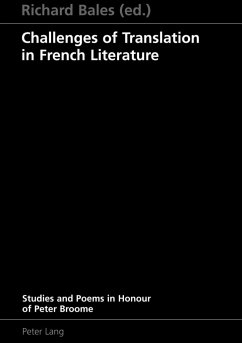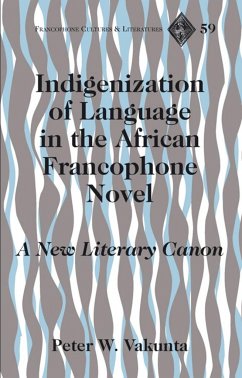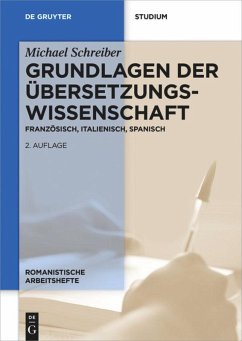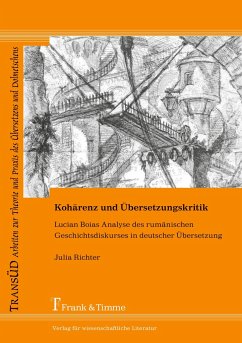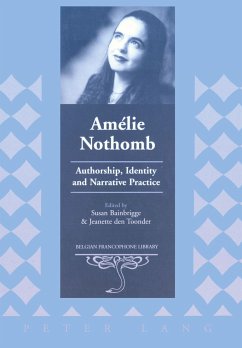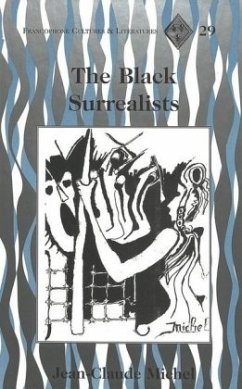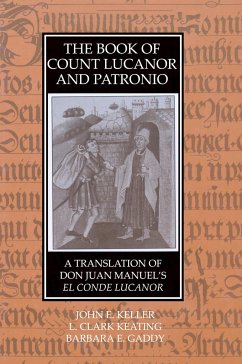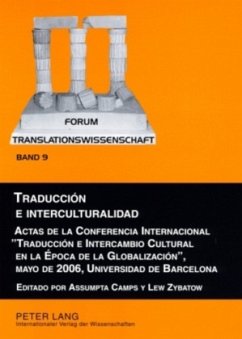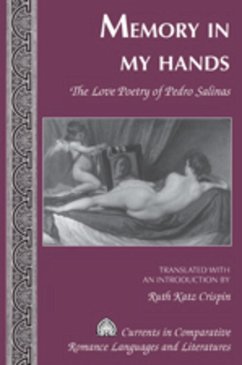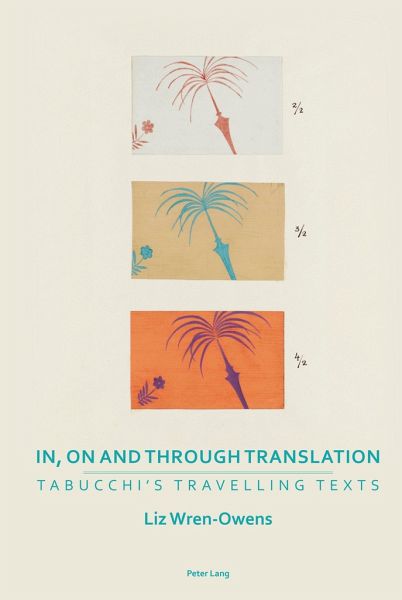
In, on and through Translation
Tabucchi's Travelling Texts
Herausgegeben: Price, Dorothy; Krishnan, Madhu; Atkin, Rhian
Versandkostenfrei!
Versandfertig in 6-10 Tagen
100,70 €
inkl. MwSt.

PAYBACK Punkte
0 °P sammeln!
This study focuses on Antonio Tabucchi's texts in, on and through translation. It combines an analysis of the ways his texts have been translated into other languages with an examination of the way his translations, critical essays and fictions reflect on the value and possibilities of translation.The book suggests that using translation as a means through which to approach Tabucchi's works enables us to both develop new perspectives on Tabucchi's texts and to reflect on some key issues in translation studies. These include the way we think about the intersections between translation and other...
This study focuses on Antonio Tabucchi's texts in, on and through translation. It combines an analysis of the ways his texts have been translated into other languages with an examination of the way his translations, critical essays and fictions reflect on the value and possibilities of translation.
The book suggests that using translation as a means through which to approach Tabucchi's works enables us to both develop new perspectives on Tabucchi's texts and to reflect on some key issues in translation studies. These include the way we think about the intersections between translation and other forms of writing, between translation and space, between translation and memory, between translation as process and product. This study combines a broad mapping of Tabucchi's travelling texts with more detailed textual analysis of selected works themselves.
One of the study's major innovations is the analysis of a new body of interviews with Tabucchi's translators from across Europe, Asia and America. The interviews, conducted as part of the study, offer fascinating new perspectives on the transnational movement of the same (often Eurocentric) texts between and across languages as well as revealing the possibilities and challenges the translation process offers in different linguistic and cultural spaces worldwide.
The book suggests that using translation as a means through which to approach Tabucchi's works enables us to both develop new perspectives on Tabucchi's texts and to reflect on some key issues in translation studies. These include the way we think about the intersections between translation and other forms of writing, between translation and space, between translation and memory, between translation as process and product. This study combines a broad mapping of Tabucchi's travelling texts with more detailed textual analysis of selected works themselves.
One of the study's major innovations is the analysis of a new body of interviews with Tabucchi's translators from across Europe, Asia and America. The interviews, conducted as part of the study, offer fascinating new perspectives on the transnational movement of the same (often Eurocentric) texts between and across languages as well as revealing the possibilities and challenges the translation process offers in different linguistic and cultural spaces worldwide.





